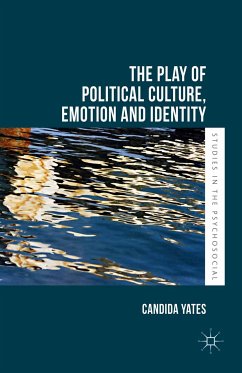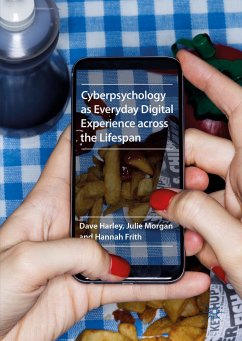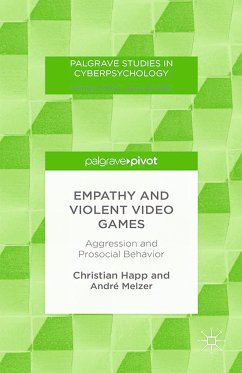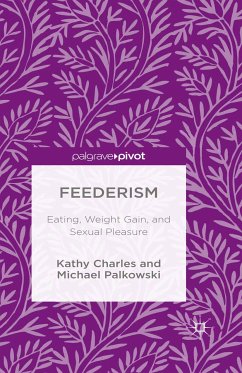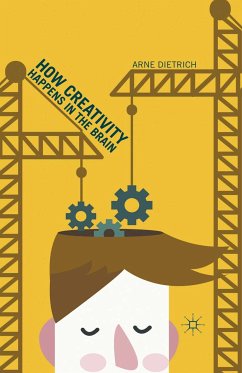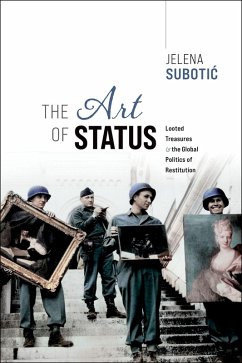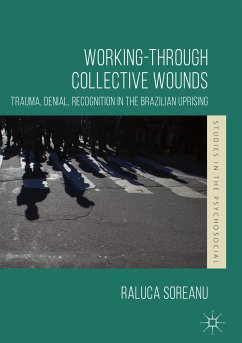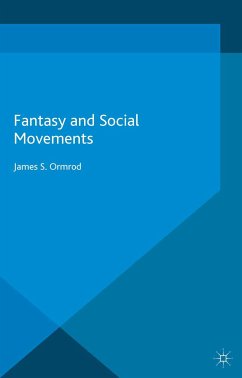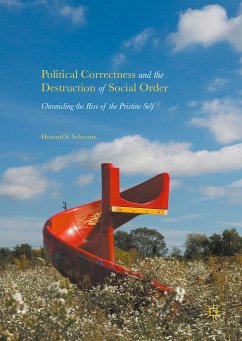'Through a psychoanalytic critique of the anxieties, fantasies and obsessions that characterise today's intensely emotional political culture, Candida Yates' new book makes a powerful case for the argument that Psychosocial Studies is the new Cultural Studies.' - Sasha Roseneil, Professor of Sociology and Social Theory, Birkbeck, University of London, UK.
'Whether she is discussing the political manifestations of a contemporary crisis in masculinity and fatherhood, postmodern feminism, nostalgia, narcissism, play, or therapy culture, Yates's psychoanalytic lens illuminates, in a nuanced fashion all too rare today, both regressive social trends toward mastery and progressive, creative potentials for change. This book is essential
reading for anyone wishing to understand the complex interplay of fantasy, emotion, identity, media, and politics in the era of neoliberalism.' - Lynne Layton, Harvard Medical School, USA
'Exploring the entanglement of media, politics and emotions, this is a bold and original book that should be read by students and scholars in Sociology and Media Studies,and anyone with an interest in contemporary political life. It articulates a psycho-cultural perspective, moving with verve and insight from election politics to celebrity culture and from Russell Brand to poverty porn, offering a psychoanalytically informed reading of British political life and its structures of feeling. A satisfying and thought-provoking read.' - Rosalind Gill, Professor of Social and Cultural Analysis, City University London, UK
'[This] is a vital book for the current climate of political change. An assured survey of the increasing emotionality in western political culture, especially the UK, and of thatemotionality's links with celebrity culture, it takes us from the days of New Labour to the end of the Conservative-Liberal Democrat coalition government, and looks forward to new forms of political realignment. Yates develops apsycho-cultural approach, drawing on an unusual and fruitful partnership between Gramsci and the psychoanalytic work of Winnicott, Bollas, and Klein, to explore how policy and media representations of politics mobilise structures of feeling - play and defensiveness, fear, anger and hope. This book enables us, by its sustained and imaginative considerations,to treat seriously the unanalysed, powerful stuff of political emotionality.' - Corinne Squire, Professor of Social Sciences and Codirector of the Cente for Narrative Research, University of East London, UK
